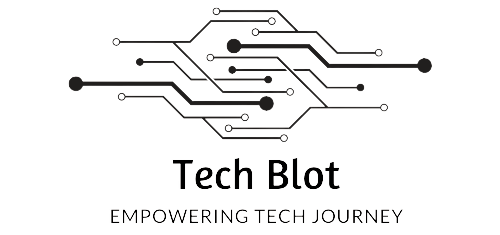Industrial computing systems are the backbone of any successful enterprise. With advances in technology, more and more industries have been shifting to a computerized system for managing their operations. You may be surprised to find out that many industrial companies still use older technologies like punch cards or paper ledgers because they don’t know about all of the benefits that industrial computers can provide them with! In this blog post you will learn how these systems work, what kind of software is available, and why it’s important to invest in an industrial computer today.
The Industrial Computers guide is a comprehensive reference on the basics of industrial computing systems. It includes information about the different types, features, and applications for PC hardware in industry as well as examples of how they are used to optimize production processes. The article also discusses software that enables computer control over manufacturing equipment like robots or assembly lines. This post will provide you with an introduction to what Industrial PCs do and why they’re important; it’s perfect if you have little-to-no knowledge of this field but want to learn more!
Industrial Computers are computer systems that have been specifically designed for use in industry. This includes both hardware and software, such as Industrial PCs (sometimes called IPCs or PLCs) which interface with other devices to enable control over manufacturing equipment like robots or assembly lines. In this post we will provide an introduction to what Industrial Computing is all about; why it’s important; how they work and the different types of industrial computing systems. We will also mention some examples of when Industrial computers should be used instead of a PC from your local electronics store!
Industrial computers can be found in all sorts of industries. They control and monitor the manufacturing process, manage inventory, handle logistics and even keep track of finances. Industrial systems are not just for factory use either; they also find their way into offices where they automate workflows that would otherwise take hours or days to complete manually.
Statistics show that over 90% of industrial computing system vendors offer some form of Windows compute platform as part of their product portfolio
The most popular operating system among these vendors is Microsoft’s Windows XP Embedded with 55% share followed by Red Hat Enterprise Linux (RHEL) at 27%.
How do you know which type works best? It really depends on what you are using the software to do. If your manufacturing process is automated, then Windows XP Embedded might be a better option as it has more automation tools than Linux operating systems like RHEL.
Industrial computers have different needs from other industries because of their constant use and demand for power
Computers in this industry must also work 24 hours per day without error or downtime to keep up with the demands of these production lines which can often run around the clock
They need an industrial computer that can withstand hazardous conditions such as oil, gas and extreme temperatures (-40° Fahrenheit) — not just dust or water but things that could cause corrosion, chemicals that may leak into machinery if they’re not sealed off properly etc.
Conclusion:
Industrial computers are the backbone of any successful enterprise. If you want to be a part of this booming industry, it’s time to invest in an industrial computer today! Learn more about how these systems work and why they’re important by reading our blog post “Industrial Computers – The Backbone Of Any Successful Enterprise”.

